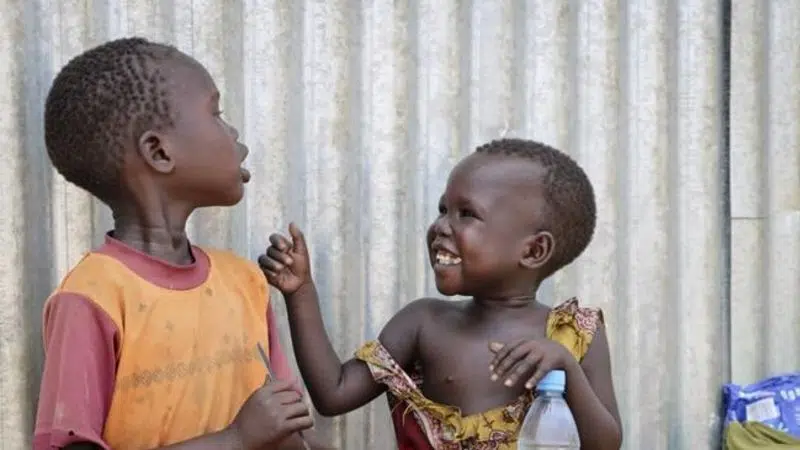
Canada’s feminist policy a perfect fit for South Sudan, says UN refugee official
OTTAWA — Canada could find a win for its feminist foreign policy in the spiralling famine and refugee crisis gripping South Sudan and neighbouring African countries, says a senior United Nations official.
“Canada can do more,” Arnauld Akodjenou, the UN High Commissioner’s for Refugees’ South Sudan co-ordinator, said in an interview Monday. “It’s a test case they have with the South Sudan situation. They should not miss that opportunity.”
Akodjenou was in Ottawa to press the Trudeau government for more Canadian involvement in South Sudan’s five-year civil war, which has killed 400,000 and forced 2.2 million people to flee the country, while displacing 1.9 million more inside the country.


